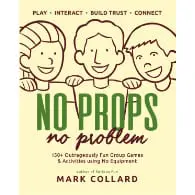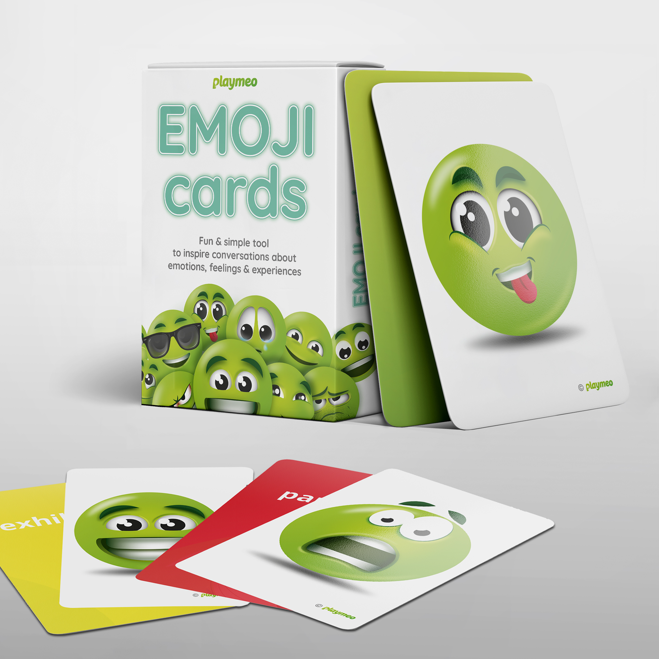20+ Fun & Engaging Ways to Form Random Pairs
So you’ve asked your group to pick a partner so that you can form smaller teams and… they immediately make a beeline to their best…

Have you ever felt that something you said, no matter how ‘correct’ you may have been, was not received very kindly by the people who were listening?
Yeah, me too.
There can, of course, be lots of reasons for this. I want to focus on just one – my language and its ability to include or exclude others.
In Episode 8 of the Facilitator Tips video series, I discussed how powerful our language as a group facilitator can be. For me, the intentional use of two little words has made all the difference in creating a culture of equity and inclusion, or not. Indeed, you will note that I just used them.
Adding the words ‘for me’ states that I am willing to own what I am saying. More powerfully, the intentional use of these two little words helps me embrace a context that distinguishes (my) opinion from fact.
Equity and inclusion are essential ingredients for creating a culture of connection, belonging, and trust. So, too, is intentionality. I work hard, every day, to embrace a more inclusive language when I engage with others and stand before my groups. This does not happen by accident, I am very intentional about it.
One of my favourite ways to weave a more inclusive and empathetic mindset into my language and actions is to add “for me” to the end of my sentences. Here are some examples to help you understand what I mean:
Without the suffix of “for me,” these statements risk alienating those who disagree. When I own what I say, there is a path forward for dialogue and the possibility for understanding.
Even better, consider adding two little words – “for you” – to expand your understanding, eg “Is this expensive, for you?” As Stephen Covey says, seek first to understand, then be understood.
With thanks to Meg Bolger and Chad Littlefield for sharing the inspiration behind this gem with me.

Best-selling book featuring 150+ fun group games & activities. Scan QR codes to access digital content including videos.

Brand new deck of cards featuring emoji images to help you inspire conversations about emotions, feelings & experiences.
Download our free 28-page ebook jam-packed with outrageously fun activity ideas.
Just one more question:
Share this with friends and colleagues.
We offer a range of membership plans with no surprises.
Click an option below & discover our simple pricing.

Click here if you’re a:

Click here if you represent a:
Explore plans for
10, 50, 200 or more
potential users